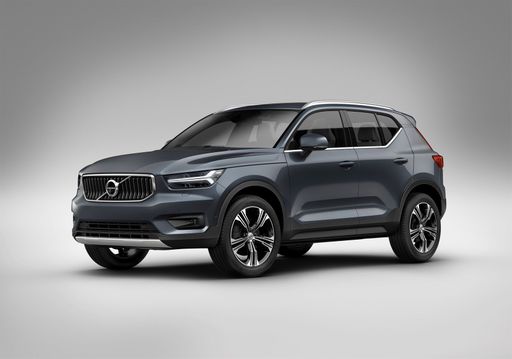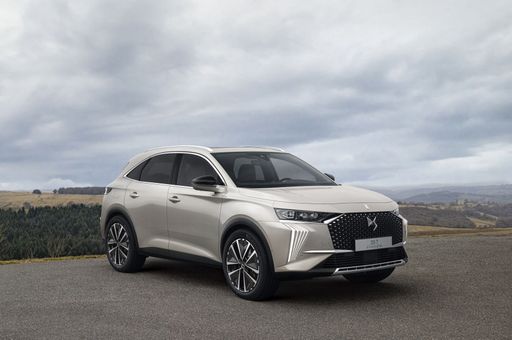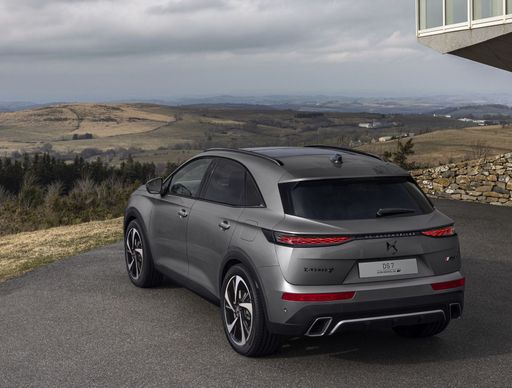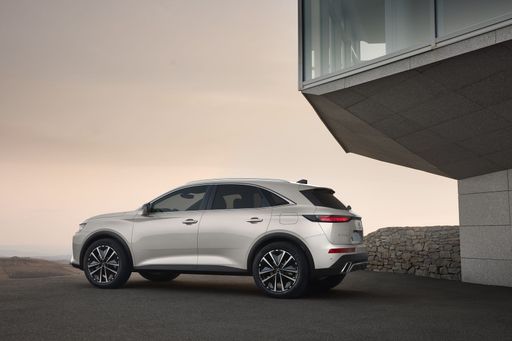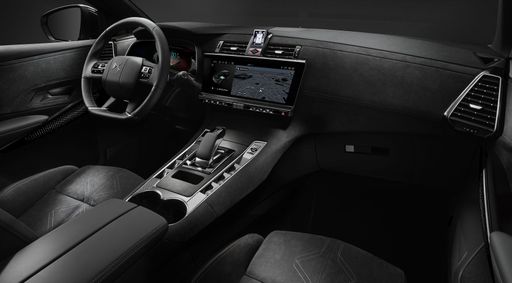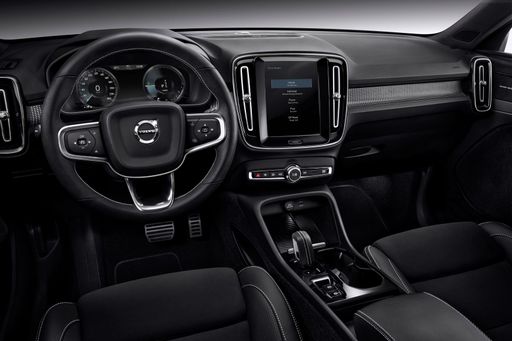DS 7 Crossback vs. Volvo XC40: A Sophisticated SUV Showdown
In the increasingly competitive SUV market, discerning buyers seek a harmonious blend of elegance, performance, and innovative technology. This leads us to a compelling comparison between two noteworthy contenders: the DS 7 Crossback and the Volvo XC40. Both vehicles offer distinct characteristics and appeal, making it essential to delve into their technical specs and innovations to unpack what sets them apart.

